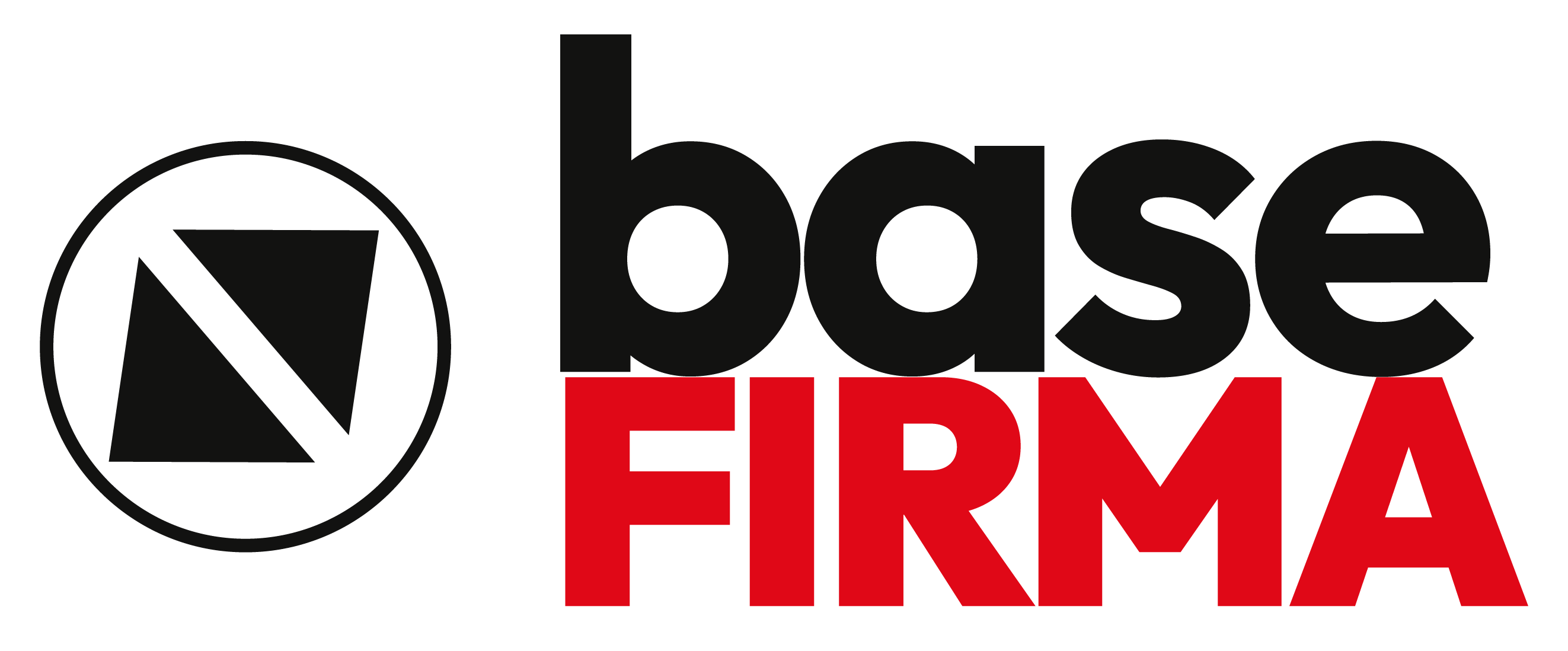The Mexican Tax Authority (SAT) has reported a 367% increase in Transfer Pricing-related tax collection from large taxpayers between 2019 and 2024, reaching MXN 106 billion (roughly USD 5.5 billion). This aggressive growth signals SAT’s strengthened enforcement strategy.
The focus is on multinational groups operating in key industries like automotive, mining, telecom, and electronics. SAT’s specialized audit teams are scrutinizing TP positions with increasing sophistication.
What’s going wrong? Common TP mistakes companies should avoid:
Outdated benchmark studies – Using old comparables or not updating searches to reflect local economic conditions.
Generic functional analysis – Failing to clearly define the role and risks of each party in the transaction.
One-size-fits-all documentation – Reusing global reports without adjusting to Mexican requirements.
Inconsistent financials – Mismatches between TP documentation and statutory accounts.
Ignoring local thresholds – Not reporting material transactions in the various compliance elements.
💡 Actionable tips to mitigate TP risks in Mexico:
Maintain robust, Mexico-specific TP documentation aligned with OECD guidelines.
Use fresh, relevant comparables in benchmarking studies.
Prepare a clear and consistent functional and risk profile for all related parties.
Ensure full alignment between TP reports, accounting records, and tax returns.
Audit-proof your file – review high-risk areas before SAT does.
SAT’s message is clear: Transfer Pricing compliance is no longer just a formality. It’s a key pillar of Mexico’s tax enforcement.
If your company operates in Mexico and is part of a multinational group, now is the time to revisit your TP strategy.
